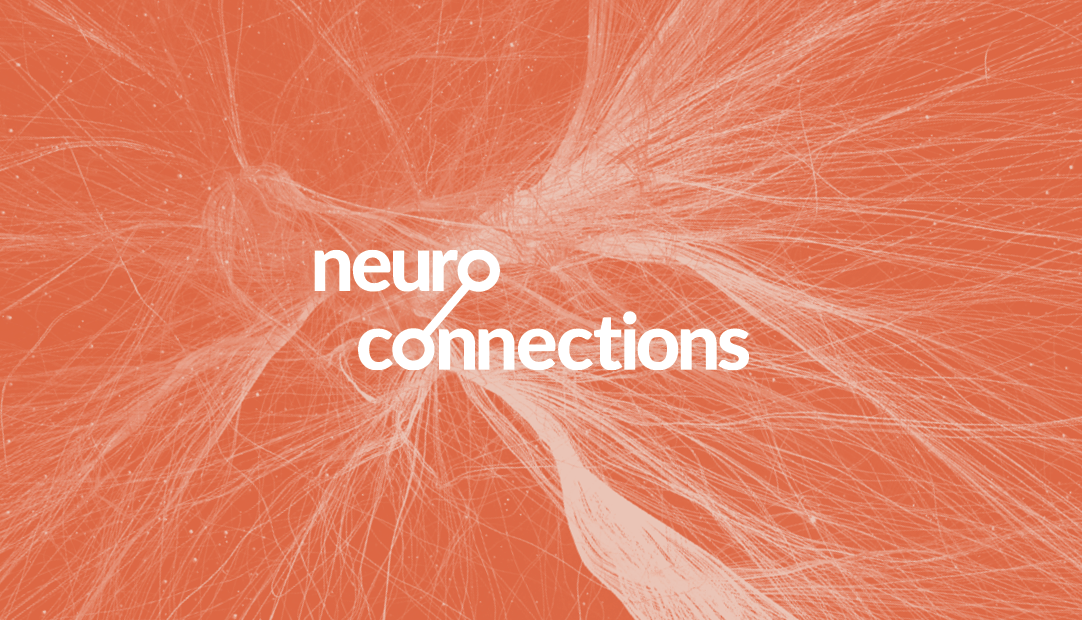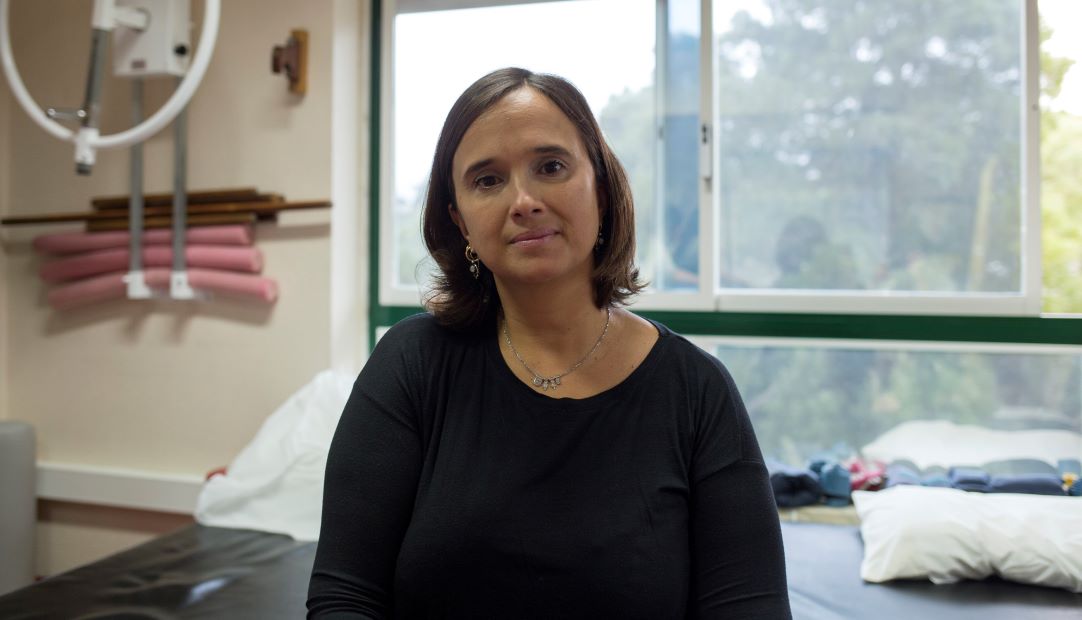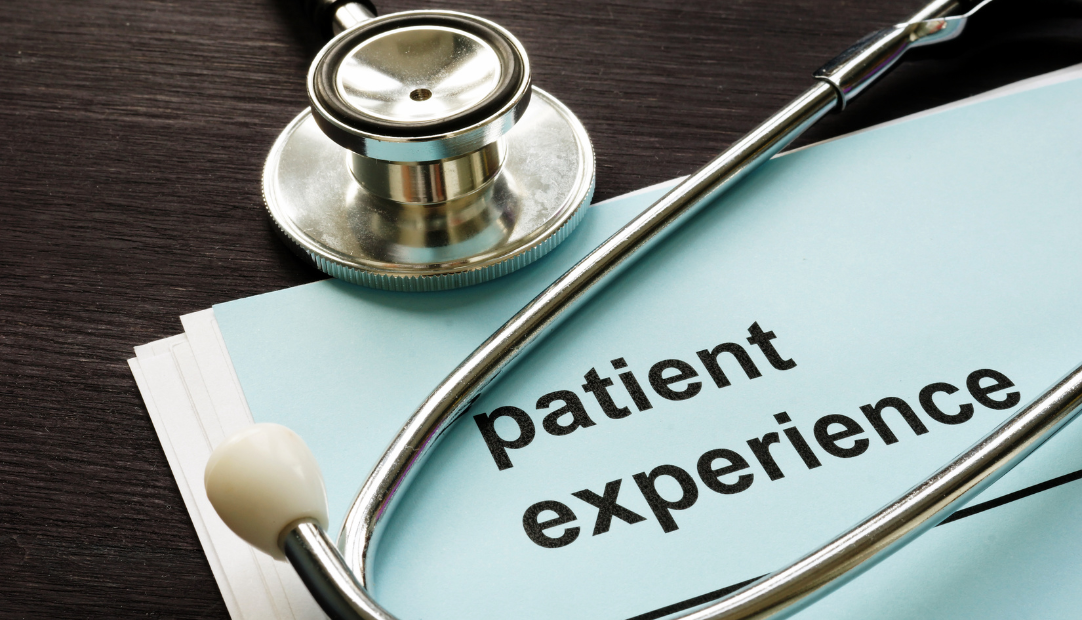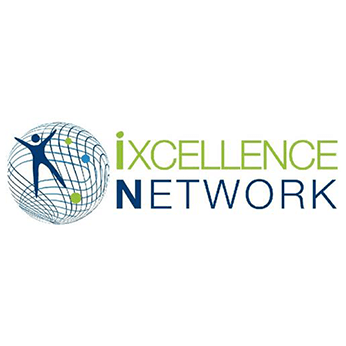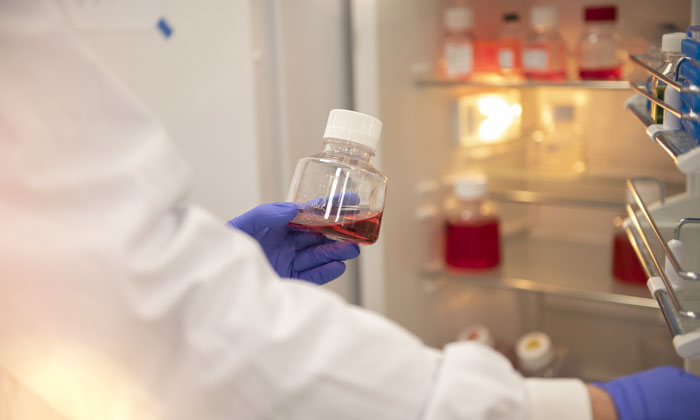
Our commitment to neuroscience
Neuroscience is advancing at an unprecedented rate, and we are proud to be at the forefront of this transformation. Our focus is on helping children and adults suffering from debilitating and degenerative neurological disorders. Our long‐term commitment to advancing neuroscience and toxins research is evidenced by 30 years of clinical experience.
Neuroscience is central to Ipsen’s internal innovation and external partnering, integral to the company’s overall strategy, and a key driver of long‐term value and growth.
Our commitment to patients
Since 1994, Ipsen has focused on pioneering research in neurotoxins. People suffering from neurological disorders need treatments, and we’ve become a global leader in creating them.
We have accomplished this through the research, development, manufacturing and commercialization of neurotoxins to help treat certain types of spasticity in adults and children two years and older. Such disorders include cervical dystonia, cerebral palsy, hemifacial spasm and blepharospasm.
Additionally, our work in neurotoxins extends to aesthetic indications with our partner Galderma, including the reduction of glabellar lines (frown lines).
We also remain focused on bringing medicines to patients where there is high unmet need and we will continue to collaborate where there are opportunities to bring promising new treatments to patients.

A unique educational program
Over 800 experienced physicians benefited from Ipsen’s toxin educational program, the only one in the world with published findings.
Our expertise in neuroscience
Since 1994, Ipsen has focused on pioneering research in neurotoxins. People suffering from neurological disorders need treatments, and we’ve become a global leader in creating them through the research, development, manufacturing and commercialization of neurotoxins to help treat certain types of spasticity in adults and children two years and older, cervical dystonia, cerebral palsy, hemifacial spasm, and blepharospasm. Additionally, our work in neurotoxins extends to aesthetic indications with our partner Galderma, including the reduction of glabellar lines (frown lines).
Investigator sponsored studies and externally sponsored collaboration
Use of AboBoNT-A/Dysport in:
- Pain
- Neuropathic Pain (e.g., peripheral neuropathy, postherpetic pain, trigeminal pain)
- Orthopedic pain
- Patellofemoral pain syndrome
- Osteoarthritic pain
- Pain (general)
- Depression
- Movement Disorders
- Essential Tremors
- Other movement disorders
- Surgery
- Wound healing
- Pre- / post-operative procedures (e.g., breast surgery)
- Gastroenterology
- Muscle Hypertonia
- Urology
- Cervical Dystonia (motor & non-motor)
- Spasticity*
- MS spasticity
*Aligned with approved indication and life cycle
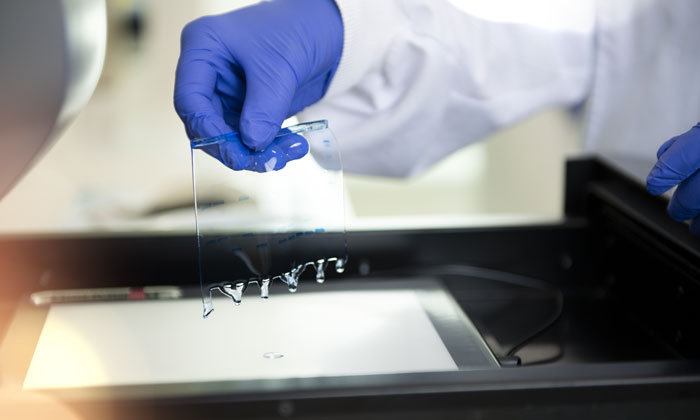
What’s In The Pipeline For Ipsen Neuroscience
As the only company with recombinant botulinum neurotoxins in our portfolio and in active clinical development, our R&D centers around the world are pioneering research in neuroscience. Recombinant toxins, with longer duration of action in preclinical models, could potentially give healthcare providers the ability to choose the most appropriate neurotoxin for their patients.
Recognizing the need for new, longer-lasting treatment options, Ipsen has leveraged its knowledge and more than 30 years’ experience with native botulinum neurotoxins and R&D capabilities to harness the power and potential of toxin biology and to pioneer innovation in toxin therapy.
In addition to our expertise in neurotoxins, our strategy includes research into rare neurodegenerative disorders. Our strong development capabilities cover all stages of the drug development process, and we have a successful track record of global regulatory approvals and accelerated pathways, making Ipsen an ideal partner for neuroscience innovation.
Learn more